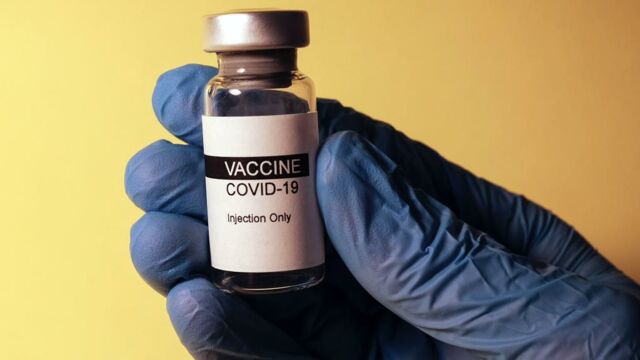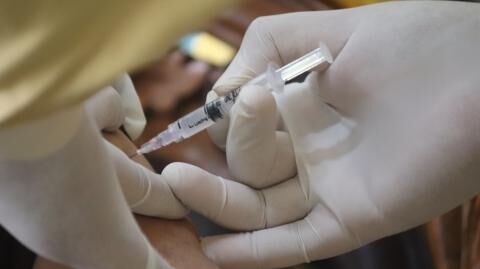77 epidemiologists, virologists and infectious disease specialists were part of a survey that was conducted by the People's Vaccine Alliance, with the aim to get an idea of what medical experts thought about the efficacy of the COVID-19 jab.
Discover our latest podcast
Rendered ineffective within the next 12 months
Results showed that 66% of respondents believe that, within the the next year, the first generation of the vaccines produced to shield against the coronavirus will be rendered completely ineffective in light of the virus' mutation capabilities.
Further, of that same group, 18.2% believe it would only take six months for the vaccine to stop working while 32.5% say it will take about nine months. Another 18.2% reponded that vaccines would be ineffective within two years and an optimistic 7.8% believe that regardless of the amount of mutations the current vaccines would never cease to be effective.
The more circulation the greater the chance of mutation
Dr. Devi Sridhar, professor of Global Public Health at the University of Edinburgh, who was one one of the participants surveyed for the study said:
The more the virus circulates, the more likely it is that mutations and variants will emerge, which could make our current vaccines ineffective. At the same time, poor countries are being left behind without vaccines and basic medical supplies like oxygen.
And added
As we've learned, viruses don't care about borders. We have to vaccinate as many people as possible, everywhere in the world, as quickly as possible. Why wait and watch instead of getting ahead of this?
The study comes as England has eased off its restrictions earlier this week which saw an upsurge of gatherings and people disobeying social restriction measures that remain in place. As of today, the UK has lost 126, 670 people to the virus and over 4.3 million people have been infected.
There are currently three coronavirus vaccine manufacturers, Pfizer-BioNTech, Moderna and AstraZeneca, that are working on booster shots.















